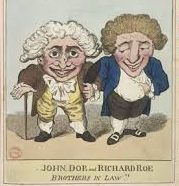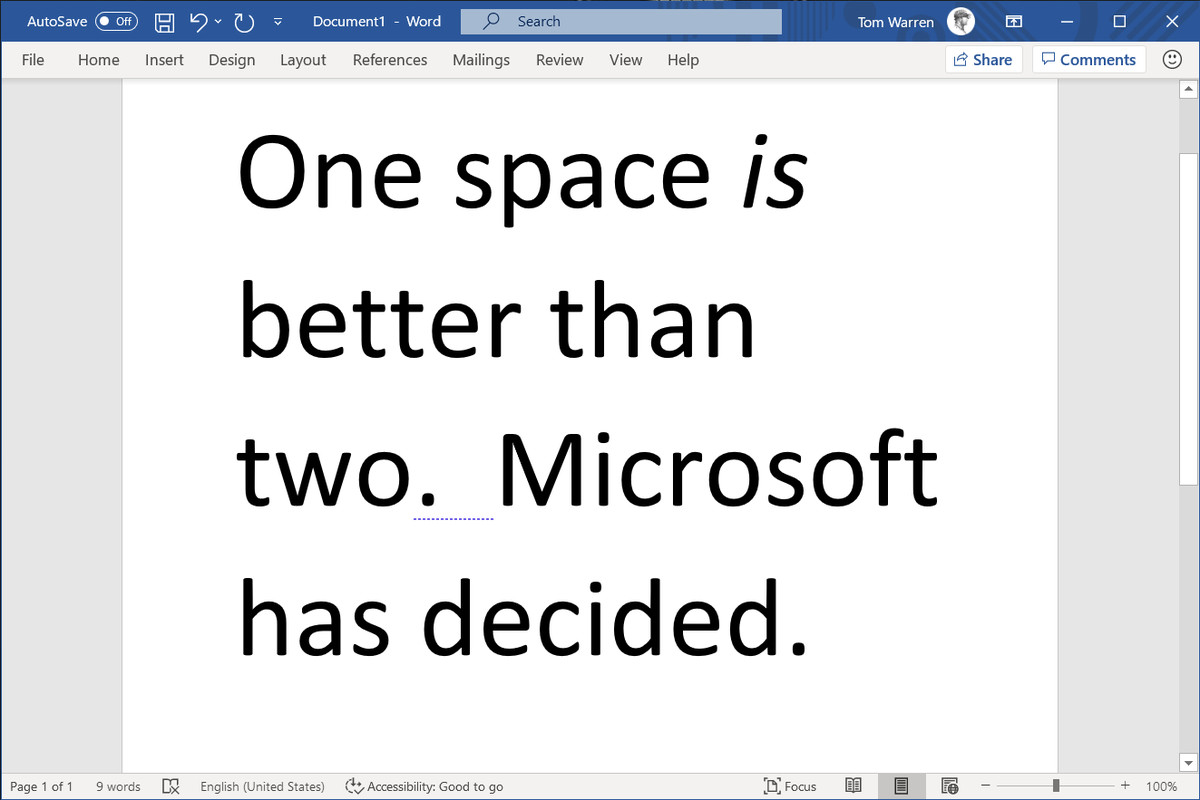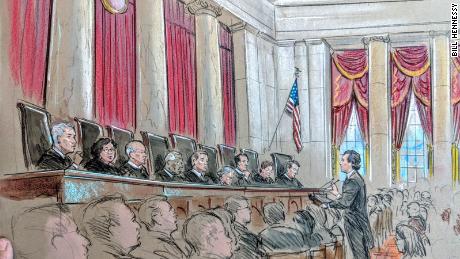 Realogy Holdings Corp. v. Jongeblood offers several practical tips about litigating a noncompetition agreement:
Realogy Holdings Corp. v. Jongeblood offers several practical tips about litigating a noncompetition agreement:
- Oral findings of fact at the hearing can satisfy the requirements of Fed. R. Civ. P. 52, when the “oral findings together with [the] written order nonetheless give us ‘a clear understanding of the factual basis for the decision'”;
- Testimony about confidential information given to the employee established the Texas-law requirements about adequate consideration for a noncompete, even when the employer did not make an express promise to do so at the time of contracting; abd
- After an unsuccessful appellate challenge to a preliminary injunction that enforces a noncompete, it can be appropriate to ask the trial court to “when determining the term of any injunction, to reweigh the equities . . . in light of the time that has passed during the pendency of th[e] appeal.”
No. 19-20864 (April 27, 2020).








